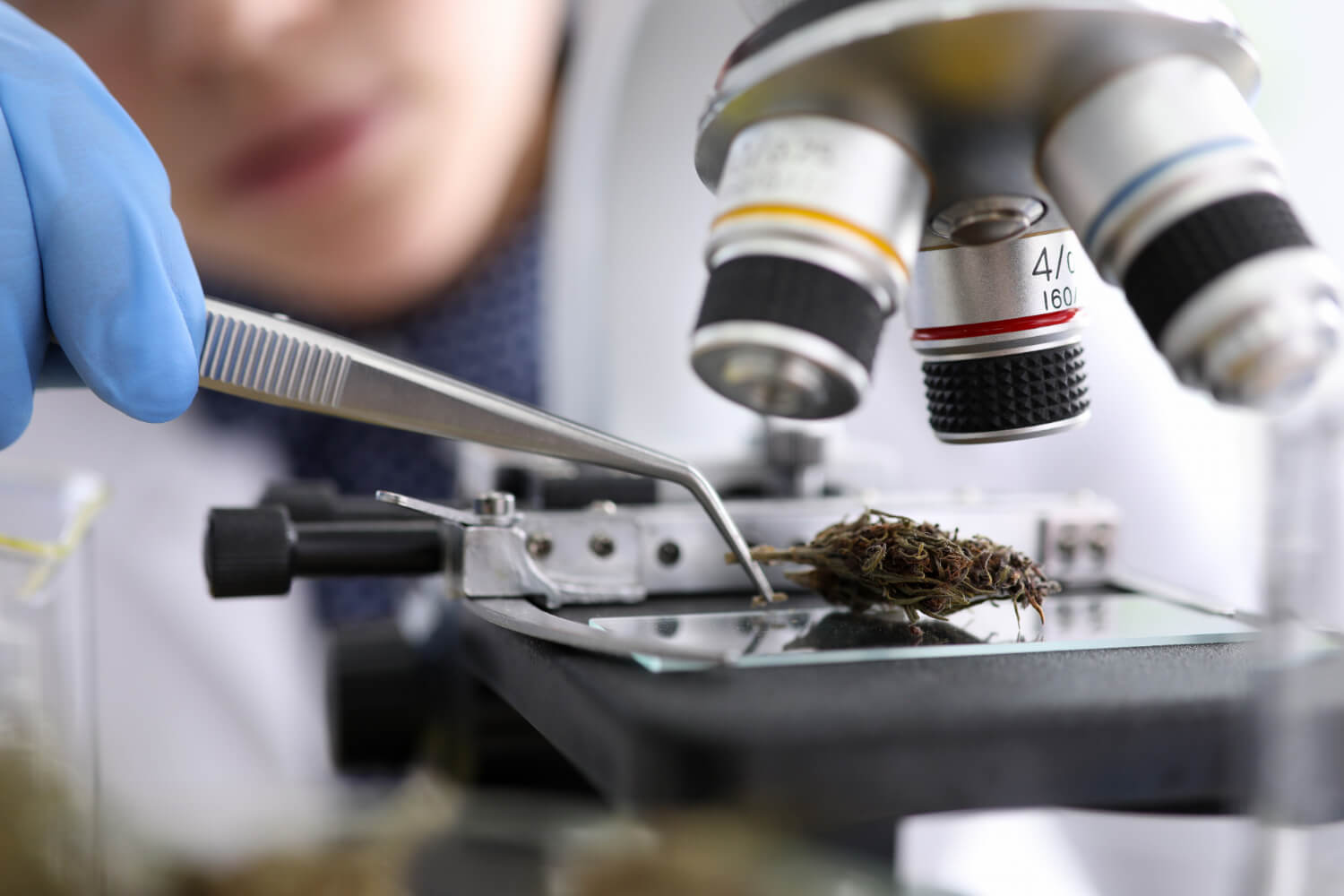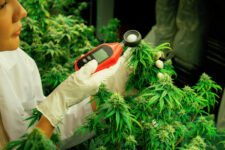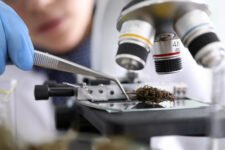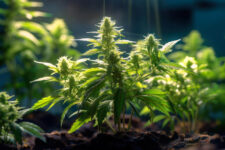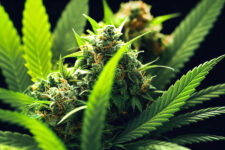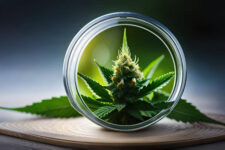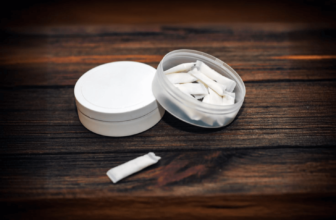While THC-P naturally occurs in some strains of cannabis, it’s thought to only be in trace amounts. Discovered by Italian researchers in 2019, most THC-P cannabinoids are lab-produced by altering the molecular shape of more commonly occurring cannabinoids.
A Quick Reminder About THC-P
Often called the strongest THC cannabinoid, some claim that THC-P is 30x stronger than delta-9 THC. While delta-9 THC is largely thought to be behind marijuana’s high, that’s because cannabis plants naturally produce so much of it compared to the other cannabinoids.
Said to activate CB1 receptors 33 times greater than delta-9 THC, while likely to produce a stronger high — with some calling it a mild psychedelic twist on the traditional marijuana high — due to bioavailability, it’s difficult to say how strong THC-P’s high is comparatively. This also goes for side effects, which delta-9 THC is well known for producing.
What is a Synthetic Cannabinoid?
Synthetic cannabinoids are laboratory-created cannabinoids that do not require any part of the cannabis plant to be created.
Synthetic cannabinoids have gained a bad rap by some because they’re frequently sold as marijuana alternatives in smoke shops. These synthetic cannabinoids can be very dangerous, as their potency can be several times stronger than phytocannabinoids and produce unknown effects.
However, at the same time, many believe synthetic cannabinoids are the future of medical cannabis. Because they skip the plant-growing process, synthetic cannabinoids are quicker and less expensive to create. Additionally, it’s significantly easier to mass-produce identical medications with them.
Is THCP a Synthetic Cannabinoid?
While created using a semi-synthetic process, THC-P is not a true synthetic cannabinoid like JWH-018, which you can find in marijuana alternatives such as “Spice” and “K2”. True synthetic cannabinoids are artificially created in the lab and do not require naturally occurring cannabinoids — or any cannabis material, for that matter.
While THC-P cannabinoids are largely created in the lab, scientists create THC-P using naturally occurring cannabinoids, such as the legal ones found in hemp-derived CBD extracts, as precursors to create it.
As well, THC-P is a naturally occurring phytocannabinoid like CBD that cannabis plants produce, however, it’s likely they only occur in miniscule amounts on average. This, along with their greater ability to activate CB1 receptors, makes it difficult to say how much they influence the effects of cannabis products that contain all the cannabinoids in their naturally occurring ratios. It likely varies strain by strain.
How is THCP Synthesized in Labs?
Unlike delta-9 THC, which has a five-atom side chain, THCP contains a seven-atom side chain — the length of its alkyl side chain may explain its stronger binding affinity to CB1 receptors. Despite sharing the tetrahydrocannabinol name, manufacturers use legal cannabinoids such as CBD (cannabidiol) to create THCP.
This process can feel quite unnatural to some, but it’s not too different from what naturally occurs to the cannabinoids during their lifecycle. As many cannabinoids, such as THC and CBD, start off as the mother cannabinoid CBGa. In fact, because most cannabinoids start off as CBGa, it makes it a relatively simple process to convert one to another in a laboratory setting.
Oxidation, reduction, and isomerization (most popular) are all various chemical reaction processes that can be implored to modify the molecular shape of a cannabinoid. Other semi-synthetic cannabinoids, such as delta-8 THC, are created using the same methods.

